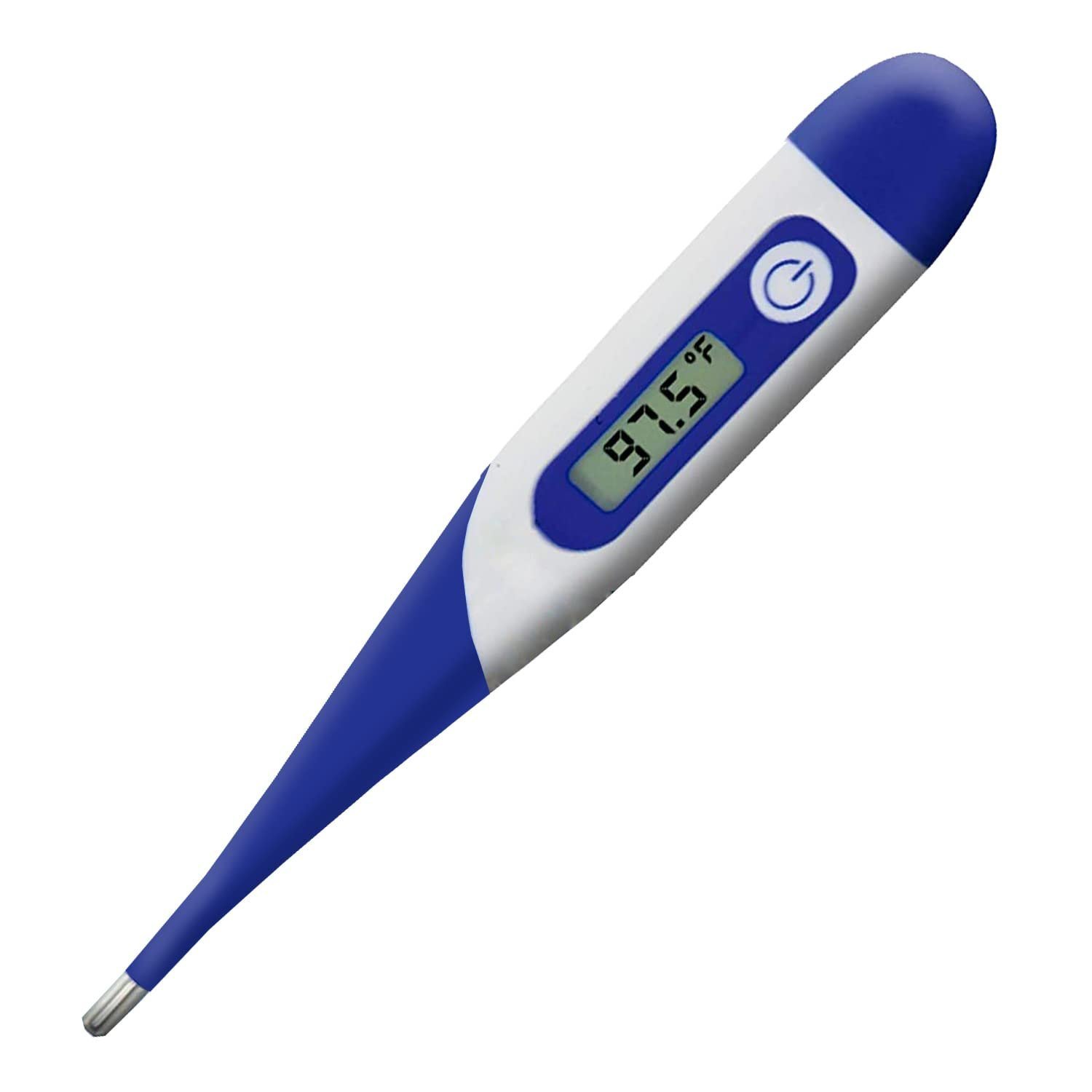Lifestyle
Halimat’s Fever Story: A Cautionary Tale

By Kingsley Chika Ogbons
Halimat, a young woman, was rushed to a primary health centre in Lagos, Nigeria, after experiencing a bout of fever.
Her husband, unaware of the severity of her condition, had checked her temperature using the back of his hand, but this method can be unreliable.
A digital clinical thermometer revealed that Halimat’s temperature was 38°C, indicating a fever.
Fever detection: A thermometer showing temperature elevation after it was placed for about 3 minutes under the armpit of a patient
According to medlineplus.gov, a normal body temperature is in the range of 36.1°C to 37.2°C.
Fever is a temporary increase in body temperature. It’s the body’s natural response to infection. However, it can be a symptom of a more serious underlying condition, making it essential to seek medical attention promptly.
To check for fever, a digital clinical thermometer is a reliable method. These thermometers are convenient, easy to use, and affordable. In Nigeria, they can be purchased for less than ₦1000 or $1 USD at the nearest pharmacy.
READ ALSO: Dehydration: Symptoms, Causes, Prevention & Treatment
READ ALSO: Rising Costs Of Health Insurance: 6 Guides Which Policy To Choose
If you or someone you know has a fever, it’s essential to take the right steps to prevent complications and ensure proper treatment.
Drinking plenty of water at room temperature, eating fruits rich in antioxidants, green leafy vegetables, and trying tepid sponging can help alleviate symptoms.
However, it’s crucial to consult a medical professional, such as a pharmacist, nurse, or physician, for proper advice.
Fever can have harmful effects, especially if left untreated. Dehydration, seizures, and organ damage are potential complications of fever, particularly in children. Therefore, it’s vital to take fever seriously and seek medical attention if symptoms persist or worsen.
Halimat’s story highlights the importance of recognising fever as a symptom that requires quick attention.
An understanding of what fever is, how to check for it, and what to do when you notice it, can help you take the necessary steps to prevent complications and ensure proper treatment.
-The author, is a pharmacist, and journalism postgraduate student at the Nigerian Institute of Journalism, Lagos.



















